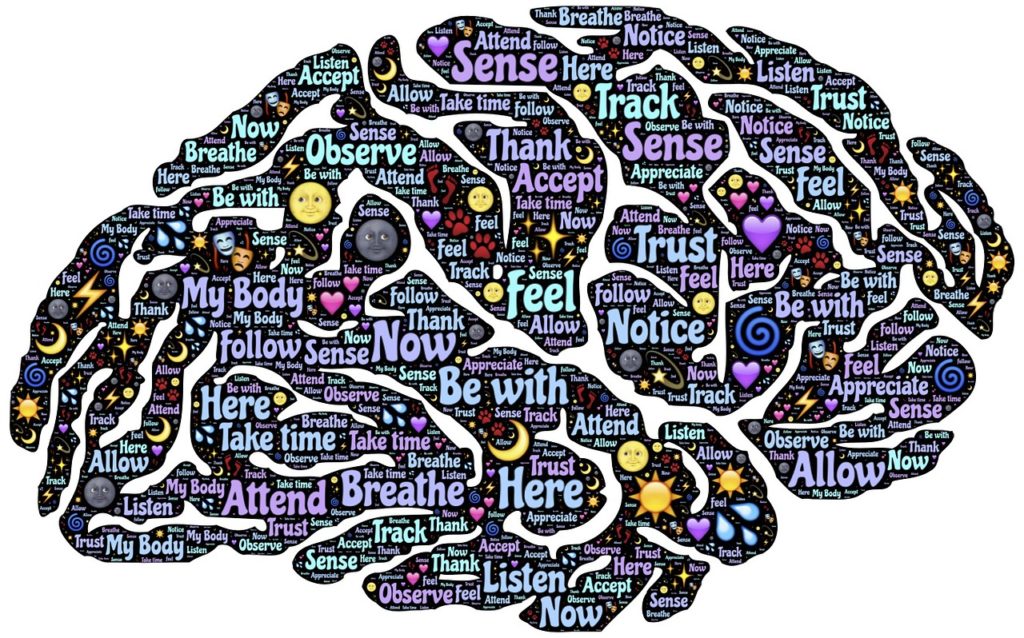Effective Critcism...
– Consider your approach first as if you were the target –
Criticizing is something we do, and for good reason (at least we think so). Yet too often we fail to communicate our criticism constructively (and sometimes even make things worse!) because our approach – its timing, our tone, the words we use – negatively triggers the other person’s Elephant. And when triggered – here meaning an immediate, usually intense defensive emotional reaction – that target person’s Rider goes into protective mode…i.e., the conscious mental state of hyper-alertness to avoid, or deflect, or defend one from a threatening reality they perceive to be unfolding in the moment.
It’s not even a contest – their Elephant rules; this is the fight/flight response gearing up for action. Emotion – at least initially, as in-the-moment – most always trumps rationality. Think for a moment about getting angry…really angry! And you’ll relate to why it can be so difficult (for many impossible) to “control” their reaction when so triggered. The degree of difficulty is, not surprisingly, directly proportional to the degree of intensity. And in such a situation, emotion – especially that of feeling threatened, angry, or afraid – overwhelms one’s thinking and rationality. In other words, “the Elephant rules.”
______
It’s so easy to criticize, and what’s more, we do it all the time…usually silently to ourselves yet often publicly in the company of others whenever who (or what) we’re criticizing is absent or unaffected by our verbal charge. But…when we criticize someone directly – and often this is when we are trying to effect some sort of positive or constructive change in them (or their behavior) – the message being communicated is more than the words we use to identify or describe “what is wrong” and “what (that person) should do differently.”
Now the Elephant’s history (evolutionarily-speaking) goes much farther back than the Rider’s; and in that history, the limbic portion of the brain (p/o the Elephant) developed so as to flag danger and avoid death (why we’re still here as a species). And “to be criticized” is quickly sensed to be dangerous. Thus does our Elephant put the Rider on alert; and our overall focus becomes one of protecting and preserving…our life, our ego, our self-image, our heretofore safe, secure, and stable being.
So how does one mitigate or get around this natural reaction people have to criticism – in the context of getting that other person to change? Maybe we should consider a Golden Rule corollary…and first tailor our strategy by thinking about:
“How would I like to be approached if THEY were to criticize ME…”
_________________________________________________________
*Elephant/Rider Model: The Happiness Hypothesis, Jonathan Haidt, 2006.

